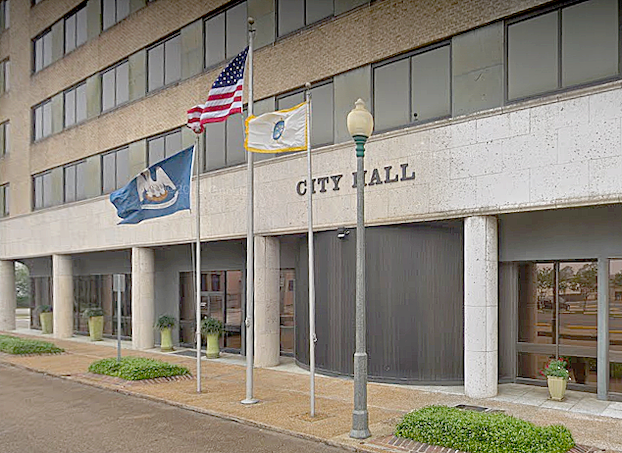Voters overwhelmingly favor LC Rebound
Published 9:54 pm Saturday, November 18, 2023
Lake Charles voters approved two tax proposals that modernize the city’s tax structure and will open it up to $190 million in infrastructure and quality-of-life projects to be completed over the next 12 years.
On Saturday, a majority of voters selected “yes” to a 25-year one-half percent sales tax with 4,578 votes, or 56.11 percent, and a continuous two percent sales tax with 4,387 votes, or 53.7 percent.
The passage of the proposals will convert the old tax system – which Lake Charles Mayor Nic Hunter has referred to as antiquated and cumbersome – into a modern, streamlined system that makes borrowing money easier, making the projects included in the tax-neutral bond proposal LC Rebound attainable.
LC Rebound encompasses $190 million in infrastructure and quality-of-life initiatives, with the city committing $143 million. Hunter mentioned said the city intends to utilize $13 million from existing budgeted funds, $1 million from CDBG funds, and secure $130 million in bonds in multiple phases over the next decade. About 80 percent of these projects focus on “hard infrastructure,” amounting to $120 million.
To safeguard these projects, a covenant resolution was unanimously adopted by the City Council during the Sept. 6 meeting.
The new city sales tax structure reads as follows:
Continuous two percent sales tax: “Two percent used for funding the operation, maintenance and capital expenditures of the fire, police, public works and other departments of the City, including the payment of the salaries and benefits of city personnel, economic development or any other municipal purposes.”
25-year one-half percent sales tax: “One half of one percent for a period of twenty-five years used for construction, acquisition, maintenance and repair of the City’s roads, bridges, drainage, sewerage systems, operating and other capital expenditures of the fire, police, public works and other departments of the City, economic development or any other municipal purposes”





